Warning of the risk of drug allergies in the elderly with many underlying diseases
Recently, a serious drug allergy case occurred to Mr. PQG, 78 years old, living in Hanoi . Mr. G's case is proof of the risk of drug allergy in the elderly with many underlying diseases.
According to information from his family, 2 days before being admitted to the hospital, Mr. G. showed symptoms such as fever, fatigue, loss of appetite and diarrhea. Just one day later, his condition became more serious when a red rash appeared on his body, quickly spreading all over his body accompanied by severe itching. He also had a high fever, decreased consciousness and sores from scratching.
Upon admission to the medical facility, Mr. G. was diagnosed with anaphylaxis suspected to be due to drug allergy, sepsis, liver failure, and acute kidney failure. The patient was immediately transferred to the Central Hospital for Tropical Diseases for intensive treatment in the Internal Medicine Department.
Dr. Tran Thi Hai Ninh, Head of the Internal Medicine Department, said the patient had a very complicated medical history, including multiple organ failure, stroke, high blood pressure and chronic gout. These underlying diseases increased the risk of side effects when using treatment drugs.
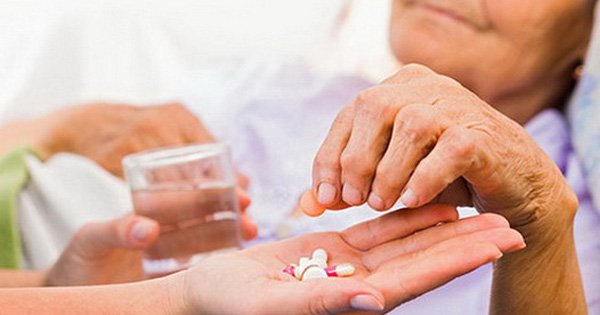 |
| Illustration photo |
After nearly a month of continuous and strict treatment, Mr. G's health condition has gradually stabilized. The allergic rash has reduced and he is past the dangerous stage.
To prevent similar dangerous complications, Dr. Tran Thi Hai Ninh recommends that patients should not use drugs on their own, especially new drugs or drugs of unknown origin.
For the elderly with many underlying diseases, regular check-ups are essential to detect and promptly manage underlying diseases.
Regular check-ups also help your doctor monitor your condition to adjust treatment if necessary and prevent possible complications.
According to doctors at the Central Dermatology Hospital, patients with severe drug allergies such as TEN syndrome need to be treated and closely monitored at a specialized hospital, in a separate isolation room, and receive special skin care to reduce the risk of infection and poisoning.
If not treated promptly, widespread skin damage will cause pain, fatigue, damage to the oral mucosa causing difficulty in eating and drinking, extensive necrotic skin damage causing dehydration, loss of fluid through the skin and very susceptible to skin infection, causing sepsis, risk affecting life.
To reduce and avoid the risk of drug allergies, doctors recommend that people do not use drugs on their own when sick, but should go to specialized medical facilities to be examined by a doctor and prescribed appropriate treatment, and at the same time comply with the treatment regimen.
If you have signs of suspected drug allergy such as difficulty breathing, abdominal pain, red rash, hives, blisters... you should immediately stop taking the medication and see a doctor again.
Patients without a prescription will not have the basis to take the correct dosage, time, foods to avoid, contraindications to the drug, thereby easily encountering risks due to side effects caused by the drug. Not to mention, prolonged treatment at home is not the right disease, seriously affecting the patient's health, causing economic costs.
In addition, the arbitrary use of painkillers is equally harmful. Painkillers make patients think that their illness has improved, but in fact the disease is still progressing and the consequences are unpredictable due to the delay in emergency surgery for diseases such as appendicitis and acute pancreatitis.
Therefore, when you see signs of the disease, you need to go to a reputable medical facility for proper diagnosis, consultation and effective treatment to avoid unfortunate consequences and complications.
Source: https://baodautu.vn/canh-bao-nguy-co-di-ung-thuoc-o-nguoi-cao-tuoi-mac-nhieu-benh-nen-d222844.html




![[Photo] General Secretary To Lam receives the Director of the Academy of Public Administration and National Economy under the President of the Russian Federation](/_next/image?url=https%3A%2F%2Fvphoto.vietnam.vn%2Fthumb%2F1200x675%2Fvietnam%2Fresource%2FIMAGE%2F2025%2F12%2F08%2F1765200203892_a1-bnd-0933-4198-jpg.webp&w=3840&q=75)








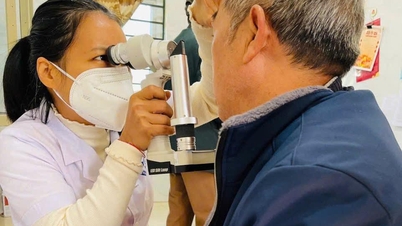



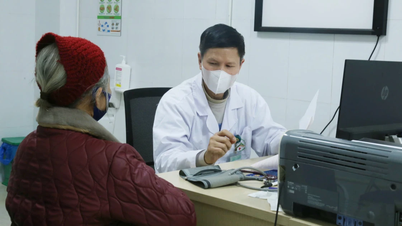




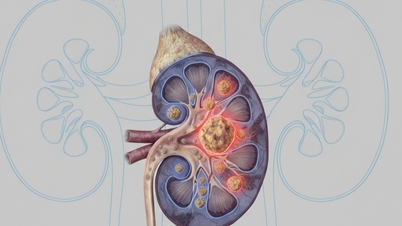



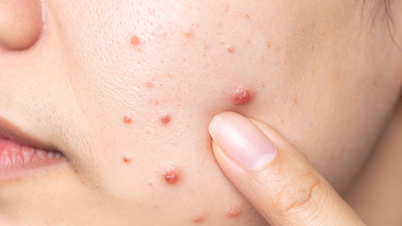
























































































Comment (0)